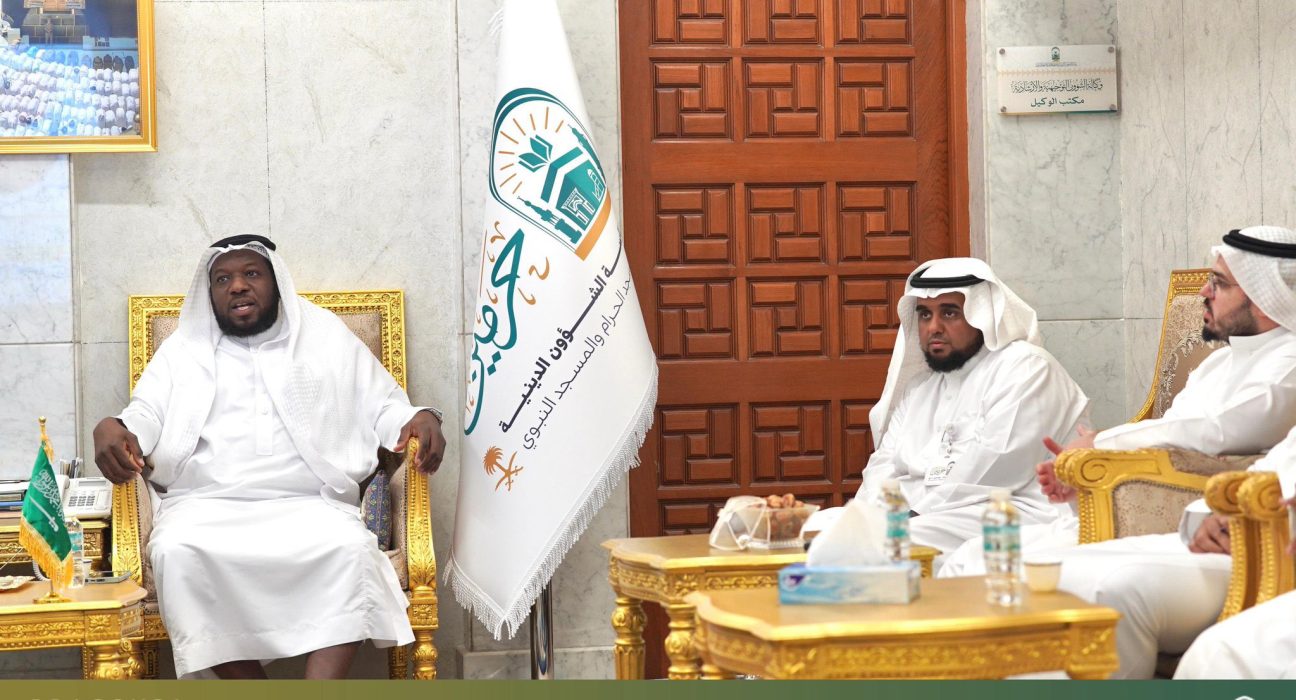In a strategic move to elevate Qur’anic education and strengthen religious scholarship across the Kingdom of Saudi Arabia, key institutions responsible for Islamic affairs at the Two Holy Mosques have convened to bolster their collaborative efforts. The Presidency of Religious Affairs, through its General Administration for Qur’an Circles and Online Recitations, recently held a high-level coordination meeting with the General Authority for Endowments. The focus of the gathering was to align Qur’anic teaching programs with the broader objectives of the Saudi Vision 2030 agenda.
At the heart of the discussion was a shared commitment to refining and expanding Qur’an learning circles, while ensuring that delivery mechanisms remain modern, accessible, and rooted in excellence. Both bodies reviewed current educational models and proposed strategies for measurable impact, sustainability, and outreach, particularly through digital platforms. These efforts form part of the Kingdom’s broader religious and cultural transformation, which seeks to uphold Islamic values while embracing innovation and structured governance.
Under the continued leadership of Sheikh Dr. Abdulrahman Al-Sudais, who also serves as the General President for the Affairs of the Grand Mosque in Makkah and the Prophet’s Mosque in Madinah, the Presidency reaffirmed its mission to serve the Holy Qur’an and its students with utmost dedication. Dr. Al-Sudais has long championed the integration of traditional religious teachings with forward-looking administrative reforms, in line with the progressive goals of Crown Prince Mohammed bin Salman’s Vision 2030 framework.
The meeting highlighted the importance of fostering a new generation of Qur’an scholars, while also ensuring that the curriculum and instruction methods meet the needs of modern learners across the Kingdom and beyond. Special emphasis was placed on enhancing the quality and accessibility of online recitations and interactive sessions, as these have become pivotal tools in reaching wider audiences, especially in the post-pandemic digital era.
Furthermore, stakeholders addressed the importance of strategic endowment support (awqaf) in funding and sustaining these religious initiatives, which are seen as essential to preserving Islamic heritage and cultivating moral and spiritual values in society. The coordination between the two institutions marks a renewed commitment to ensuring that the teachings of the Qur’an remain central to Saudi Arabia’s national identity and educational mission.
The session concluded with a joint pledge to maintain institutional synergy, adopt measurable educational targets, and prioritize excellence in every aspect of Qur’anic service. This initiative is seen as a major step forward in harmonizing religious responsibilities with national development goals, ensuring that the Book of Allah continues to be taught, understood, and revered across generations, in the holiest lands of Islam.
